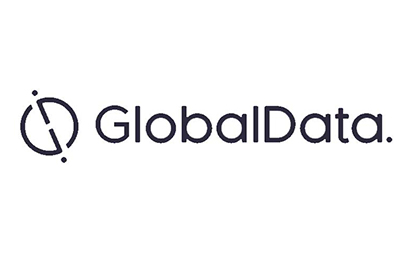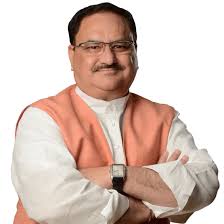Global hematological cancer market set to grow rapidly across all treatment segments in the next five years, says GlobalData
The hematological cancer therapy market is diverse and highly genericized, with chemotherapies currently accounting for the highest number of marketed drugs. However, the availability of more targeted and innovative therapies means that sales of antibodies,

The hematological cancer therapy market is diverse and highly genericized, with chemotherapies currently accounting for the highest number of marketed drugs. However, the availability of more targeted and innovative therapies means that sales of antibodies, cell therapies and targeted therapies are all set to increase to 2027 at Compound Annual Growth Rates (CAGRs) of 11.5%, 20.1% and 3.2% respectively, according to GlobalData, a leading data and analytics company.
According to GlobalData’s latest report, ‘Global Hematological Cancer Therapy Market Overview’, growth will be driven by the continued expanding use of expensive cell therapies, as well as the growing adoption of expensive combinatorial regimens, particularly where these are used over many years as maintenance therapy. The increasing number of options available for patients, will mean that in some indications patients may cycle though up to eight lines of therapy, contributing to further growth.
Jessica McCormack, PhD, Oncology and Hematology Analyst at GlobalData, comments: “As our understanding regarding the molecular mechanisms of diseases has improved, this has led to the development and introduction of numerous targeted therapies, which has changed treatment paradigms. Targeted therapies are increasingly being combined with generic chemotherapies in the first line, as well as providing additional options for patients progressing to second line therapy and beyond.”
Significant unmet needs are expected to remain in the hematological cancer market, which present considerable commercial opportunities. Particularly, the lack of options for relapsed/refractory and some high-risk patients is an issue. The increasingly high costs of therapy is set to put pressure on healthcare systems so novel therapies that can be offered at lower costs are particularly needed.
McCormack continues “While new market entrants, as well as the use of some therapies in earlier lines for more high-risk patients are expected to go some way to addressing some of these issues, there are still several patient groups who have very few treatment options available to them, and more innovation may be needed to tackle this problem. The increasing cost of therapy is also a major issue. As more cell therapies enter the market costs may be expected to come down somewhat. It is also hoped that off-the-shelf cell therapies could also lead to reduced costs compared to currently available cell therapies. However, ultimately this is likely to remain a major issue in coming years.”
The hematological cancer pipeline is dominated by cell therapies, small molecules and antibodies, but also features a range of novel therapeutic approaches including vaccines, gene therapies and peptides. A wide variety of novel and tried-and-tested targets are also being investigated.
McCormack concludes: “The use of cell therapies for the treatment of cancer has been pioneered in hematological malignancies, with these therapies having a transformative effect on the treatment of relapsed/refractory patients who would otherwise have had limited options. The diversity and degree of innovation present in the hematological pipeline currently indicates that allogeneic, off-the-shelf therapies are also likely to see their potential realised within this market. The addition of such a treatment modality would be highly beneficial for patients across many indications.”






